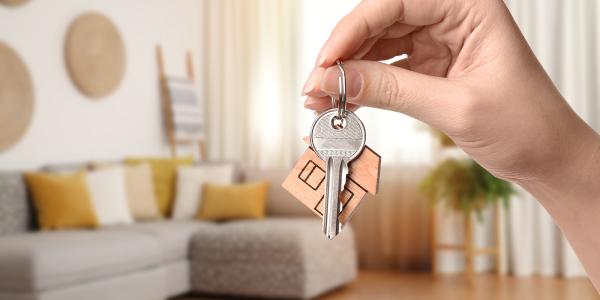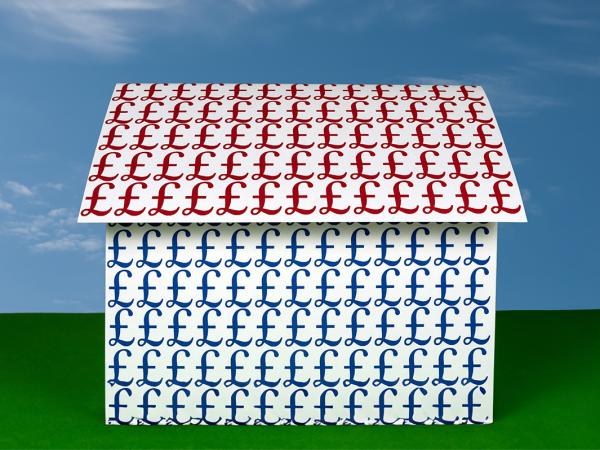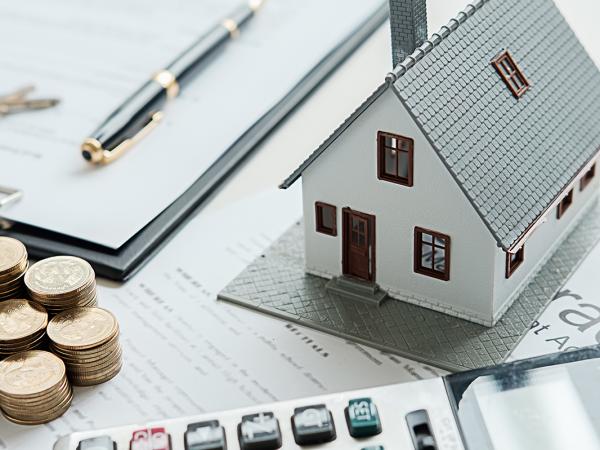Rent-a-room
If you receive rental income from letting furnished accommodation within your own home (for example, if you have a lodger), you may be able to benefit from the ‘rent-a-room’ scheme.

Content on this page:
Overview
Income from renting out room(s) in your home may qualify for ‘rent-a-room relief’, if all of the following apply
- your income (before expenses) from renting out the room(s) does not exceed the rent-a-room limit of £7,500 for the tax year 2024/25 – this limit is £3,750 each if the income is split between two or more people
- the income arises from the letting of furnished accommodation in a ‘residence’ in the UK, or from associated goods and services, for example providing meals, cleaning or laundry services in connection with the letting
- that furnished accommodation is in your only or main residence
- if it were not for the rent-a-room relief, the income would be taxable, either as trading income, property income or miscellaneous income
If all of the above conditions are met, the income is exempt from tax and you cannot claim any deductions for related expenses. You do not need to do anything for the exemption to apply – it will apply automatically unless you ‘opt out’.
You may wish to opt out of the rent-a-room scheme if you have made a loss – that is, your expenses are more than your property income. You may prefer to be taxed on the normal basis for property income, so that you can claim and use the loss.
Rent exceeds the rent-a-room limit
If you otherwise meet all of the conditions for rent-a-room relief above, but your gross property income (the amount before expenses are taken off) exceeds the limit of £7,500 (or £3,750 if jointly let), you do not qualify for the automatic exemption.
However, you can make an election to be taxed on the ‘alternative basis’ – meaning you can elect to deduct rent-a-room relief instead of calculating your property income under the usual principles. Therefore, under the ‘alternative basis’, the taxable amount will then be the gross rent received (which includes any payments received for meals and services) less rent-a-room relief. You cannot claim any deductions for related expenses.
This election must be made to HMRC in writing by 31 January, in the second year after the end of the relevant tax year. For example, if you wish to opt in to the ‘alternative basis’ for the tax year ended 5 April 2024, you must make the election by 31 January 2026.
You may not wish to elect to be taxed on the ‘alternative basis’ if you have made a loss – that is, your expenses are more than your property income. You may prefer to be taxed on the normal basis for property income, so that you can claim and use the loss.
The way the election is made depends on whether or not you are required to complete a self assessment tax return. See our page Reporting property income to HMRC for more information on when you are required to complete a tax return.
- Election for rent-a-room relief – self assessment cases
-
If you complete a self assessment tax return you effectively make the election by entering the amount of rent-a-room relief you want to claim in the relevant box on your self assessment tax return. Filing your tax return by the usual filing deadline will be accepted by HMRC as the relevant notification.
- Election for rent-a-room relief – non-self assessment cases
-
In cases where you are not required to complete a self assessment tax return, the election to use the alternative basis must be made in writing to HMRC.
Following the election, the treatment will continue for future tax years, you do not need to make a fresh written election each year. However, if you decide in a future tax year that you want to be taxed on your actual profit (or loss) under the usual principles, you must make a further written election to ‘stop’ using the alternative basis.
You can read more about elections for rent-a-room relief on GOV.UK.
Income split between more than one person
As mentioned above, if you and another person are due to receive rent-a-room income from the same property, then the allowance is shared equally between you. The above tests and conditions still apply, but the threshold in each case is £3,750 instead of £7,500. This applies irrespective of the split in actual or beneficial ownership of the property. This means that if your rent-a-room income exceeds £3,750, then you can elect to be taxed on the ‘alternative basis’, and if it does not exceed £3,750, then it is automatically exempt.
A quirk in the rules is that even if more than two of you are due to share the property income, you still each get relief for up to £3,750. Therefore, if three of you own (and live in) a property together and sub-let a room to a lodger, overall you get 3 x £3,750 relief – that is, £11,250.
Reporting rent-a-room income
If the income from renting a room out in your home meets the rent-a-room criteria and falls below the rent-a-room allowance, you will not have taxable property income and will therefore not need to report this income to HMRC.
If the income from renting a room in your home is more than the rent-a-room allowance, you will need to report the income to HMRC. Depending the level of rent-a-room income (and your wider circumstances), this may or may not be via a self assessment tax return. You should refer to the reporting criteria set out in our page Reporting property income to HMRC.
More detailed information on needing to complete a tax return can be found at Who needs to complete a tax return.
Letting your whole home
Rent-a-room relief is only available if the furnished accommodation which is let is in a residence which is your only or main residence for some or all of the letting period (that is, the part of the tax year during which the property is let).
If your property is not your only or main residence at any point during this period, rent-a-room relief will not be available.
If you let out your whole home, then depending on the circumstances it may no longer qualify as your only or main residence for the letting period. HMRC provide some examples in their property income manual. We recommend that you seek advice if you are in this situation.
Selling your home
We look at the capital gains tax implications of letting your home to a lodger at Selling your home.
Further information
More information on rent-a-room relief can be found onGOV.UKand an HMRC helpsheet (HS223) is also available onGOV.UK.
HMRC’s technical guidance on rent-a-room relief can be found in their property income manual.



